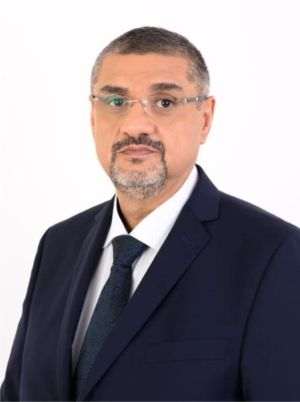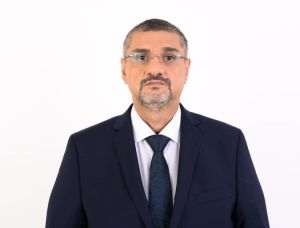Some of the experts of the European Food Safety Authority (EFSA) are in conflict of interest by being involved in projects regarding genetically modified organisms (GMOs), says the non-governmental organization Testbiotech, quoted by the French dailies Le Monde and Francesoir. According to the quoted sources, 7 of the 16 experts of EFSA would be in a conflict of interest, but the European authority claims that in reality things would not be as stated by those from Testbiotech regarding the staff who took over their functions at the beginning of the month July 2024 and whose main task is the verification and authorization of new genetically modified organisms, i.e. those using new genomic techniques (NGT).
A press release issued by EFSA states: "We carefully assess the interests of all our experts in line with our independence policy, which is recognized as one of the strictest of all public bodies in Europe. If we discover a potential conflict of interest during our checks, we apply strict measures to exclude the expert from any related scientific activity. But it is important to emphasize that having an interest does not necessarily imply the existence of a conflict of interest".
However, Testbiotech states that 5 of the 7 experts in conflict of interest are or were involved in industrial projects with the companies Limagrain, Syngenta or Corteva (formerly Pioneer/DowDuPont), being named as inventors on the patents filed by the respective companies. The German NGO also shows that six of the experts are or have been involved in lobbying activities in favor of biotechnologies, most of them related to the deregulation of plants at the NGT. Furthermore, the chair of EFSA's expert group advises industry on risk assessment, according to the source cited.
Testbiotech claims: "While expertise in GM plant development is certainly relevant to their risk assessment, EFSA's GMO panel has never been so unilaterally made up of GM plant developers in the past. This inevitably reduces the pool of experts whose expertise is in crucial areas such as ecology, but who do not look at risk assessment from a development perspective. In addition, close cooperation with industry creates obvious conflicts of interest that EFSA did not adequately assess as part of the selection process."
The German NGO is concerned that many members of the EFSA panel of experts are active in organizations such as EPSO, EU-SAGE and ARRIGE, which are currently lobbying for the deregulation of NGT products. Further research by Testbiotech also revealed that some members of the group support lobbying organizations, even though this is not stated in their declarations of interests.
Overall, the analysis shows that pro-GE activists and GM plant developers have gained considerable influence in GMO risk assessment in the EU. From Testbiotech's point of view, it will hardly be possible to carry out an independent risk assessment - or to further develop adequate risk assessment guidelines.
According to the quoted source, the composition of the expert group was overseen by Bernhard Url, the interim executive director of EFSA, which allowed the Authority to become a service provider for the European Commission and industry interests.



















































